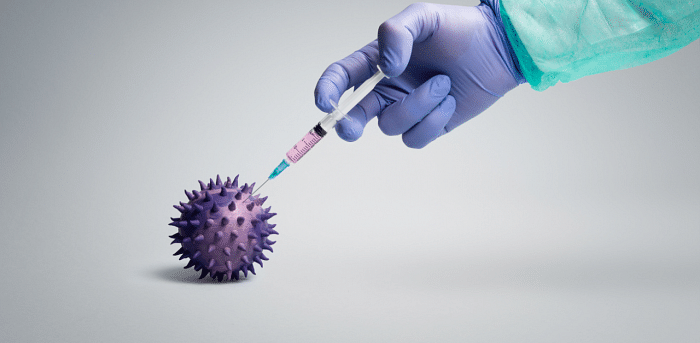
Bharat Biotech International Limited (BBIL), ExcellGene and the University of Sydney have formed a consortium to develop a variant-proof SARS-CoV-2 vaccine, with a funding of $19.3 million from the Coalition for Epidemic Preparedness Innovations (CEPI).
ExcellGene SA is a Switzerland-based private company offering R&D and manufacturing services for the biopharmaceutical industry. CEPI is a global partnership of public, private, philanthropic and civil society organisations founded to develop vaccines against future epidemics.
“The consortium partnership strives to advance a new vaccine concept that confers highly cross-reactive protection against numerous SARS-CoV-2 variants of concern (VoCs) as well as other Betacoronaviruses. Under the agreement, ExcellGene will produce complex chimeric Spike antigens using its engineered CHOExpress-cell based technology. ExcellGene will use insights from several scientific and technical disciplines along with artificial intelligence to identify the most promising antigenic structure,” a press statement on Tuesday said.
Dr Krishna Ella, Chairman and Managing Director, BBIL said, “SARS-CoV-2 global threat continues with new infections over and over again, irrespective of prior infections or vaccinations. This partnership over three continents offers a robust solution promising to open a new door for a future cross-reactive vaccine.”
ExcellGene is a recognised leader in the development and manufacturing of complex proteins (DNA to product) for therapeutic or prophylactic applications, an example being trimeric spike proteins of SARS-CoV-2. Together with Bharat Biotech, and Prof Jamie Triccas and his team at the University of Sydney, Australia, ExcellGene will generate and screen a large and diverse library of chimeric spike proteins to identify highly cross-reactive antigen structures that recall past and possibly future variants, Bharat Biotech representatives said.